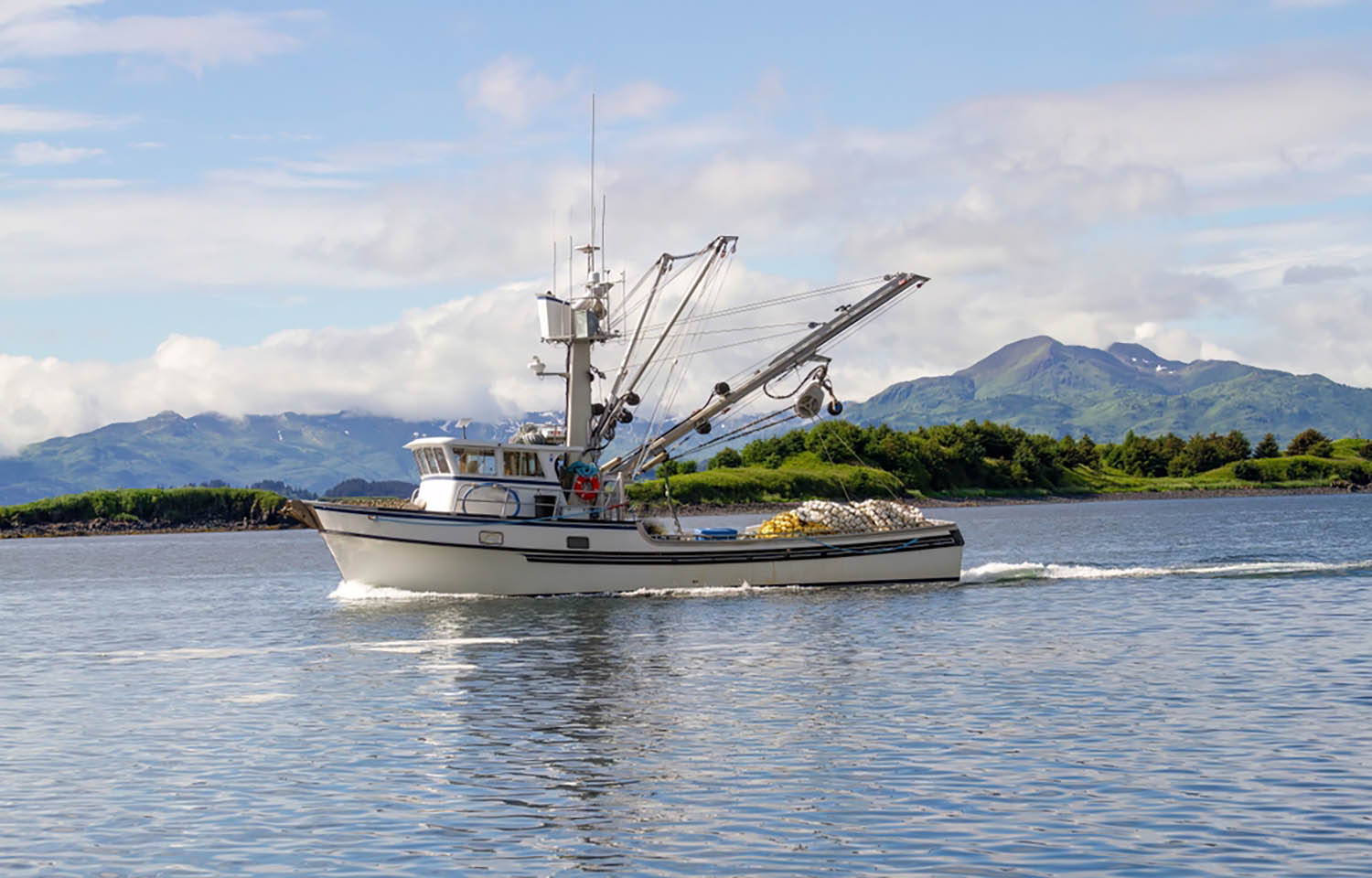Oceana, a Washington, D.C., U.S.A.-based ocean conservancy nonprofit, released the results of a new poll it conducted revealing Americans support stronger safeguards around the seafood they eat, including greater transparency in seafood supply chains and curtailing illegal fishing activities.
The poll found 90 percent of respondents strongly support holding imported seafood to the same standard as U.S.-caught seafood. Just below that level of support, 88 percent of those polled want harsher penalties for companies that import or sell illegally caught seafood, and 85 percent agreed that the seafood they purchase should be completely traceable from the fishing boat to the dinner plate.
“American voters clearly want to know the seafood they’re purchasing is safe, legally caught, responsibly sourced, and honestly labeled,” Oceana Campaign Director Max Valentine said. “It’s time for the U.S. government to heed the call of voters and require traceability for all imported seafood.”
The release of the poll follows continued Oceana concerns around the U.S. government’s Seafood Import Monitoring Program (SIMP).
Established in 2016, the program requires catch documentation and traceability for some seafood products at risk of illegal fishing and fraud, but the program currently only applies to 13 types of imported seafood. Also of concern to the group is the program only traces products from the boat to the U.S. border, ignoring other global supply chain players involved in the seafood production process.
“The United States has the purchasing power and, more importantly, the responsibility to combat illegal fishing and its associated human rights abuses. We can only do that by expanding seafood import control regulations to all seafood to ensure Americans know exactly what is on their plate and how it got there,” Valentine said.
Oceana said illegal, unreported, and unregulated (IUU) fishing is a relatively low-risk, high-reward activity for its perpetrators, especially on the high seas where a fragmented legal framework and lack of effective enforcement allows these activities to occur nearly unchecked.
As IUU activities, such as fishing without authorization, ignoring catch limits, operating in closed areas, targeting protected wildlife, and fishing with prohibited gear, continue, Oceana said it worries it will in turn contribute to the continued destruction of important ocean habitat, depletion of fish populations, and threats to global food security will remain problematic for the foreseeable future.
Through the poll, Oceana aimed to show that the American populace feels the same way.
“[A lack of action] not only contributes to overfishing but also gives illegal fishers an unfair advantage over those who play by the rules,” Oceana said. “Illegal fishing vessels are already evading laws and oversight to gain higher profits and, in some cases, are more willing to further drive down costs by exploiting workers through forced labor.”








